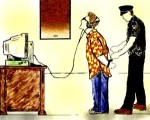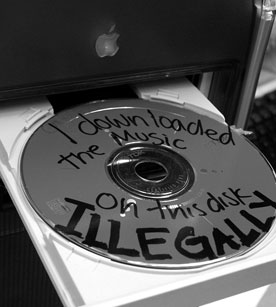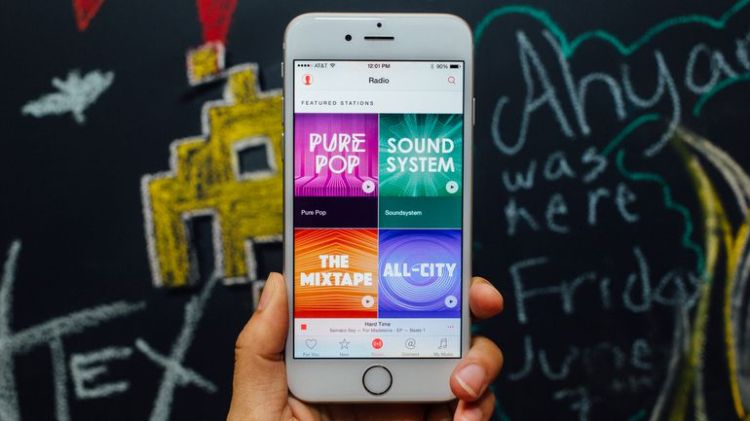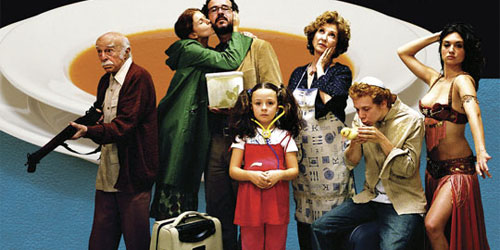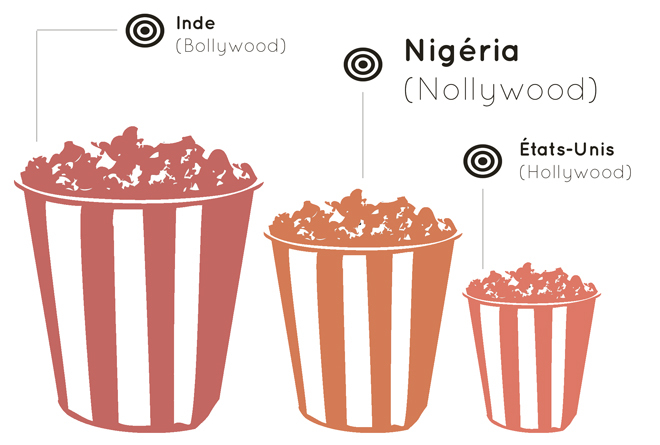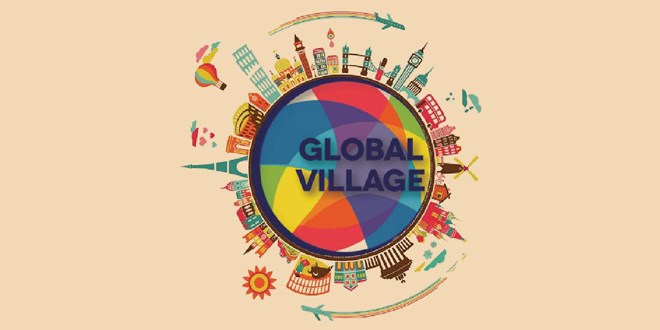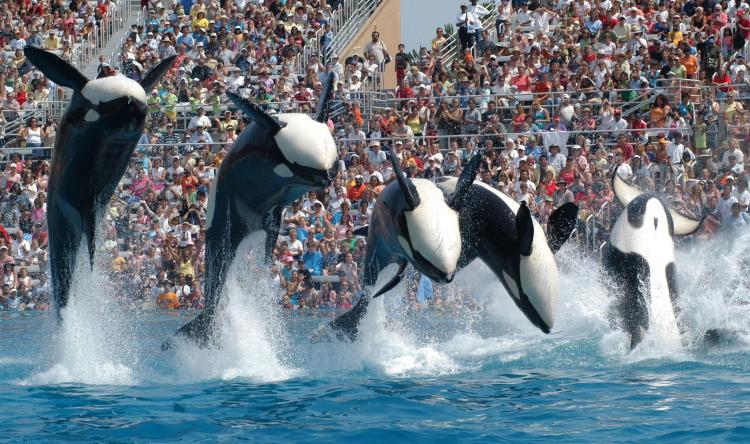We know topics such as religion or politics are well known pot stirrers not to be discussed over the ‘dinner table’ but what about over Facebook? and furthermore what of other beliefs or opinions?
Like most I have found myself at some point expressing my own personal beliefs unnecessarily through social media. Now don’t get me wrong I believe there’s nothing wrong with taking part in a discussion to gain a deeper perspective or explore new ideals unfortunately, not everyone is moderate minded. As discussed in our lectures and tutorials the way each individual interprets information varies from case to case. Furthermore theories of social identity and categorization examine that people are motivated to maintain a positive view of themselves through comparison of others (Jenkins, 2014, pg115). Generally a person wants to feel their own opinions and values reflect the society surrounding them. Social media allows for people who share the same values to get in contact with each through groups and it gives its users the ability to share their beliefs and opinions. Whilst this isn’t directly a bad thing, its negative connotations are brought out through the user’s consumption and contribution of these shared beliefs.
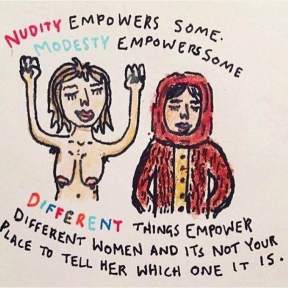
Being able to easily connect with others that share the same values can led to overly aggressive opinions and a necessity to verbally fight for them, this can be seen through McKenzie-Murray’s (2015) examination of Shermon Burgess who promotes himself through self-glorifying Facebook pages and YouTube videos. Where he perpetuates aggression towards the Muslim community, in addition he is assumed to have led the Easter reclaim rallies in Melbourne. In this case the availability to collaborate with others gave members a strong sense of unity that contributed to their belief that their own values were in fact correct.
Another negative element is brought about by the desire to strengthen ones self-esteem, usually through fitting in. yet in a chase to define what is ‘normal’ we find ourselves maintaining the idea that something else isn’t. In the avalanche of contradictory standards it’s easy to feel the need to promote your own personal opinions, though this is often done through ‘shaming’ the perceived opposing side. A perfect example of this was discussed on a recent episode of The Daily Show with Trevor Noah (14/03) when Neal Brennan stated “ What I don’t get is how does Kim post a picture and she gets branded a slut but Amy Schumer and Lena Dunham take their clothes off and get branded heroes”.

In conclusion the way users interact with what social media has to offer dictates the implications of it. Social media is not inherently good or bad it’s the users desire to have the right opinion, the right appearance and the right values led to vilification or even the formation of groups with extremist views.

Reference list:
Jenkins, R 2014, Social identity, Routledge, New York
McKenzie-Murray, M , ‘Inside the strange dynamic of Reclaim Australia’s rallies’, The Saturday Paper, 25 July, 14/03, <https://www.thesaturdaypaper.com.au/news/law-crime/2015/07/25/inside-the-strange-dynamic-reclaim-australias-rallies/14377464002169>.
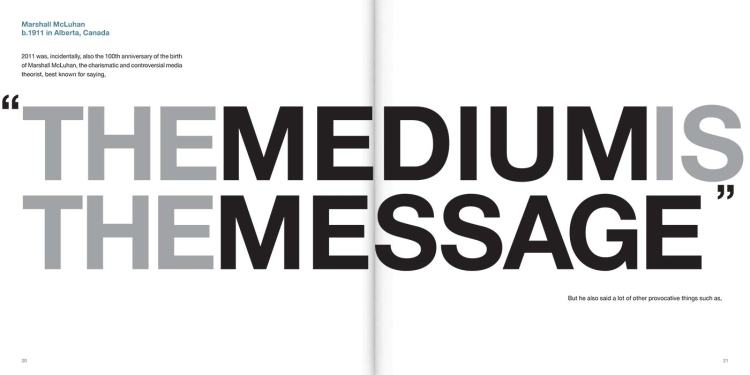
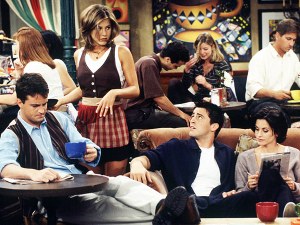 By taking part in a platform founded off ideals to contribute to the public sphere then we are not only learning but practically experiencing a desired outcome for the way consumers use and create media. One that is a critically aware, informed and connected with not only the physical neighborhood surrounding them but the extremely vast online society otherwise known as the public sphere.
By taking part in a platform founded off ideals to contribute to the public sphere then we are not only learning but practically experiencing a desired outcome for the way consumers use and create media. One that is a critically aware, informed and connected with not only the physical neighborhood surrounding them but the extremely vast online society otherwise known as the public sphere.